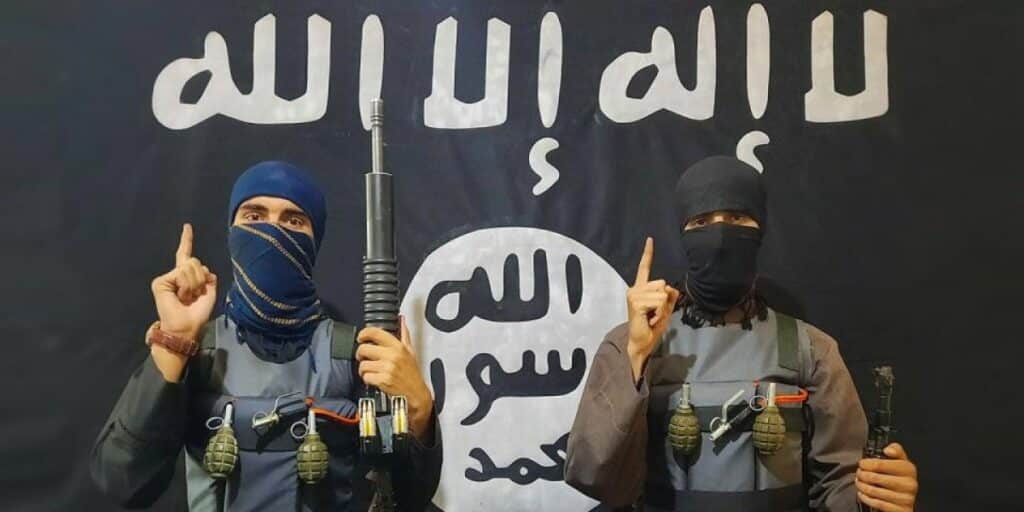While global attention focuses on ISIS’s brutality, militant groups like the Tehrik-e-Taliban Pakistan (TTP), Baloch Liberation Army (BLA), and Hafiz Gul Bahadar network continue to operate with the same extremist violence—only under different banners and often with foreign backing.
A recent in-depth account of the life and assassination of Sheikh-ul-Islam Rahimullah Haqqani, a revered Afghan scholar and fierce opponent of ISIS ideology, reveals the high cost paid by scholars who stand against extremism. Haqqani, known for his sharp critique of ISIS and efforts to guide youth away from radicalism, was assassinated by a Daesh suicide bomber in Kabul in August 2022. But his murder also highlights a broader pattern—how militant groups target voices of knowledge, moderation, and unity.
Although TTP and BLA publicly criticize ISIS’s extremism, their own actions—attacking civilians, targeting scholars, ambushing security forces—mirror the very barbarity they denounce. These groups have long moved beyond ideological causes and are now pawns in a proxy war, receiving financial, logistical, and military support from hostile foreign intelligence agencies seeking to destabilize Pakistan.
Sources within security circles confirm increasing evidence of cross-border safe havens and advanced weaponry provided to these groups. From bombings in Khyber Pakhtunkhwa to targeted killings in Balochistan, the violence follows the same script: instill fear, destroy unity, and silence moderate voices.
The martyrdom of scholars like Rahimullah Haqqani underscores the ideological threat these groups pose—not just militarily, but to the soul of society. Whether it is Daesh in Kabul or BLA in Gwadar, the objective is the same: to derail peace through chaos and kill those who oppose their twisted narratives.
It is time the world recognizes that terrorism wears many masks—and many of them are being funded and protected in the shadows of geopolitics.





